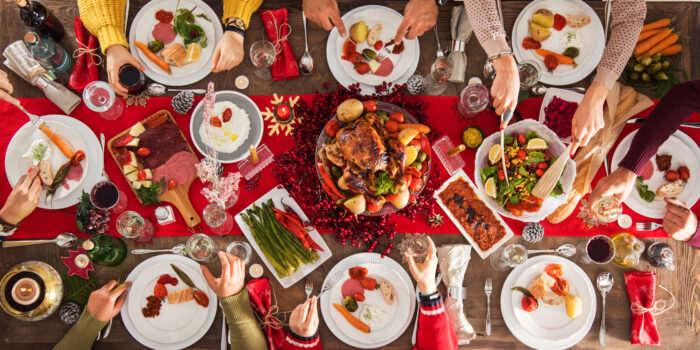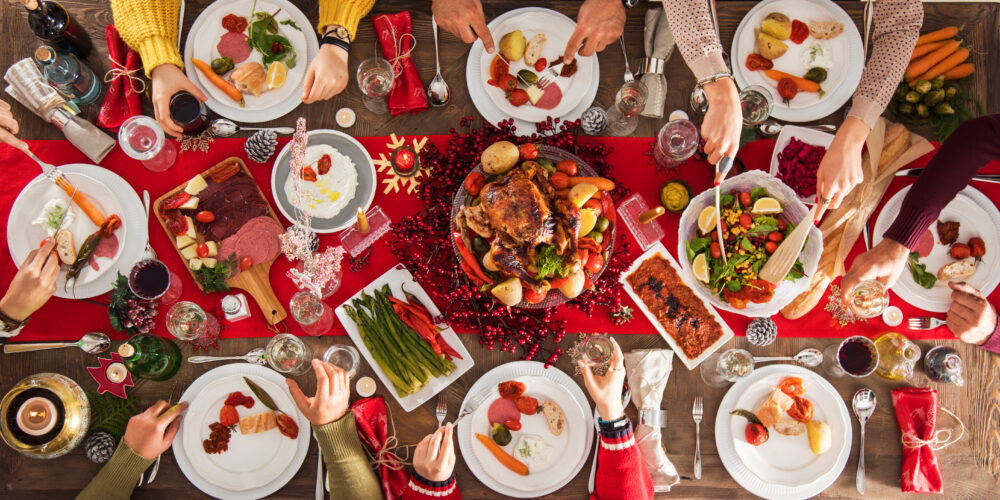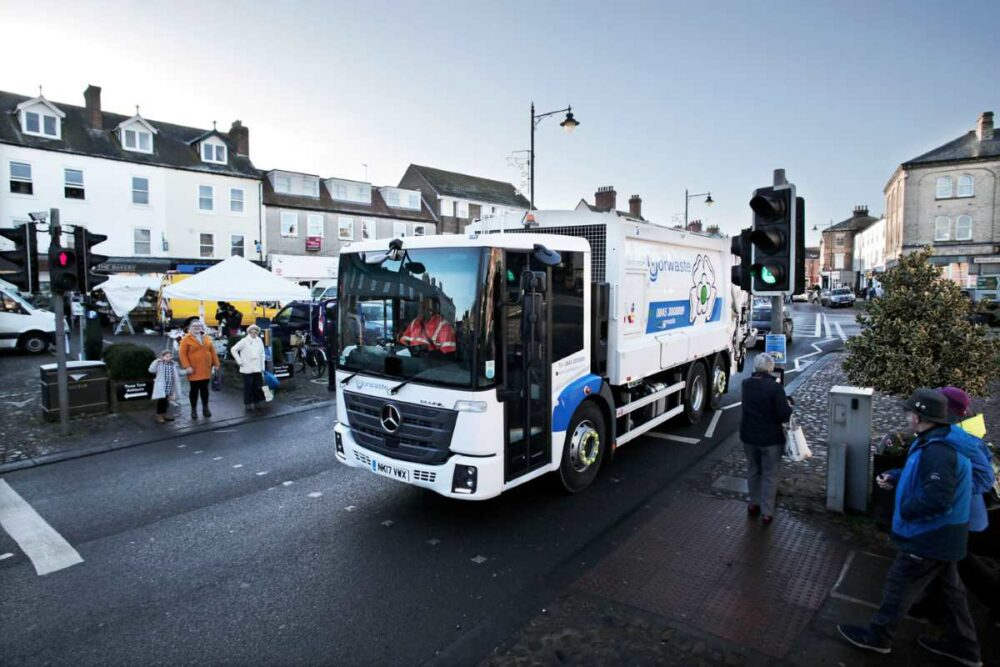5 Tips to Reduce Your Business’s Leftover Food

5 Tips to Reduce Your Business’s Leftover Food
6.2 million tonnes of food are wasted by the food industry in the UK every year.
Shocking, isn’t it? In fact, the UK has already discarded 54 million platefuls of food during Christmas alone in 2023. For those running a restaurant, café, pub, takeaway etc., it’s scary to even imagine how much financial loss that would mean to you. And the burden we’re giving the environment.
If you are struggling to reduce the food waste in your business, here are 5 tips to reduce your business’s leftovers – with the last tip, you can even generate energy and create biofertilisers for local community.
1. Meal Planning
It is almost certain that food waste is unavoidable in the hospitality sector but with some food storage management and menu planning, you can greatly reduce the leftovers you have to deal with. Here are a few common tactics when managing your kitchen’s food inventory:
- Always keep track of your food inventory with a list, table or software and update it regularly
- Prevent over-ordering, buy less and more often if possible
- Remember “First In First Out” (FIFO), so that older but still fresh food will be used before expiring
- Store your food correctly – be mindful of storage temperature, humidity, raw and cooked food separation etc.
2. Get Creative Using Leftover Recipes
During the infamous Covid outbreak, restaurants had been one of the biggest sufferers. In December 2020 in London, restaurants were only given a day’s notice before higher restrictions kicked in, turning their Christmas food into waste in just one day.
But their creativity can inspire us with some leftover ideas:
- Ferment or pickle the vegetables so they could be preserved longer and used in other dishes.
- Turn the festive or seasonal food into Sunday roast dinners or specials
- Curry, soup, sharing platters and bubble and squeaks are the easiest way to use up your leftover meat and veggies
Hopefully, we won’t be facing another pandemic soon. But when you are left with an annoying amount of food because of last minute booking or order cancellations, leftover recipes from online can inspire you to turn your surplus food into something entirely different.
3. Share The Food
Sharing is caring. So why not show your care by giving away your surplus food, whether as a cooked meal or ingredients, to your staff or anyone in need?
Staff meals are a good way to show your thanks to the busy bees who help operate your restaurant or café. You can also give away your uncooked ingredients to your staff who’d love to make their own dinner with them.
Outside of your staff, a lot of people in our community can be struggling to get daily meals. The Trussell Trust has revealed a spiking demand for food in North Yorkshire, having given out 18,000 emergency food parcels between April 2022 and March 2023 as compared to 9,000 four years ago.
This shows how much support your leftovers can be to locals in need. You can start donating your leftovers by contacting your local food banks, charities and shelters. Giving back to your community can be as simple as sharing your leftovers.
4. Use Surplus Food Apps
A lot of people realise the impact of food waste on our planet and work to find a solution. That’s when they realise food waste can be an added value to businesses, not a headache.
Surplus food apps like Too Good To Go and Karma are developed to redistribute businesses’ leftovers, generate revenue and save the planet.
These apps act as a platform for businesses to sell their surplus food at a discount to the public:
- Restaurants can put together their cooked food and sell it as a ready-made meal or takeaway.
- Leftover pastries from your display counters can find a home through these apps.
- For businesses that have a variety of surplus food or ingredients, you can even put together a surprise bag for those who’d like a bit of everything.
5. Anaerobic Digestion
Not all hospitality businesses could always benefit from the suggestions above.
Your café might have an “Always Fresh” promise to customers.
You might own a fine-dining restaurant where food that’s any less than perfect cannot be served.
Or you might be running a cafeteria serving care homes and hospitals with strict food safety regulations and you would rather not risk any allergic reactions.
Implementing changes is always easier said than done.
Luckily, there is one last solution to your leftover food – anaerobic digestion.
It is an organic process where bacteria will break down your food to generate electricity and create biofertilisers for farms.
Not as ideal as giving the food away to those in need, but recovering energy from it and turning the remainder into fertilisers would be the best way to tackle leftover food when necessary.
Most waste management companies provide food waste collection services. The collected food waste will be taken to facilities that process it with anaerobic digestion.
Some providers might even offer food waste bins at a cheaper rate than general waste bins to help you save money (like Yorwaste!).
Simply talk to a waste provider so that you can work out the operations and details that will fit your business.
Food waste is both a societal and environmental issue. It takes a lot of changes to our society if we want to solve the problem. But businesses can start small by doing their part. If you haven’t already, try out the 5 tips we listed above. Your customers will be happy about the good things you are doing for the community and environment.

